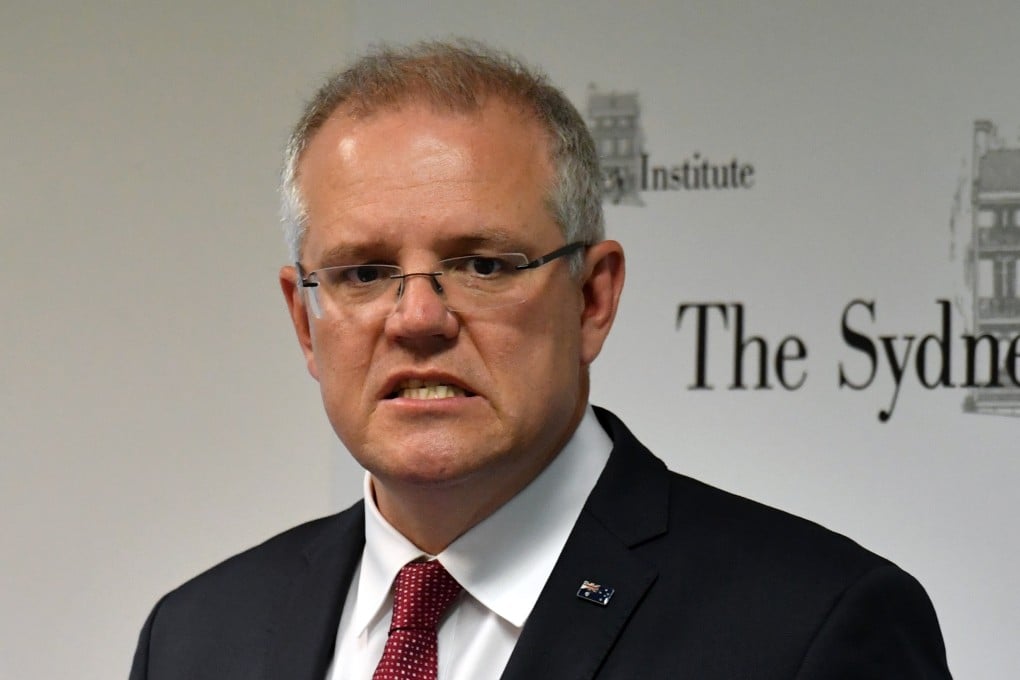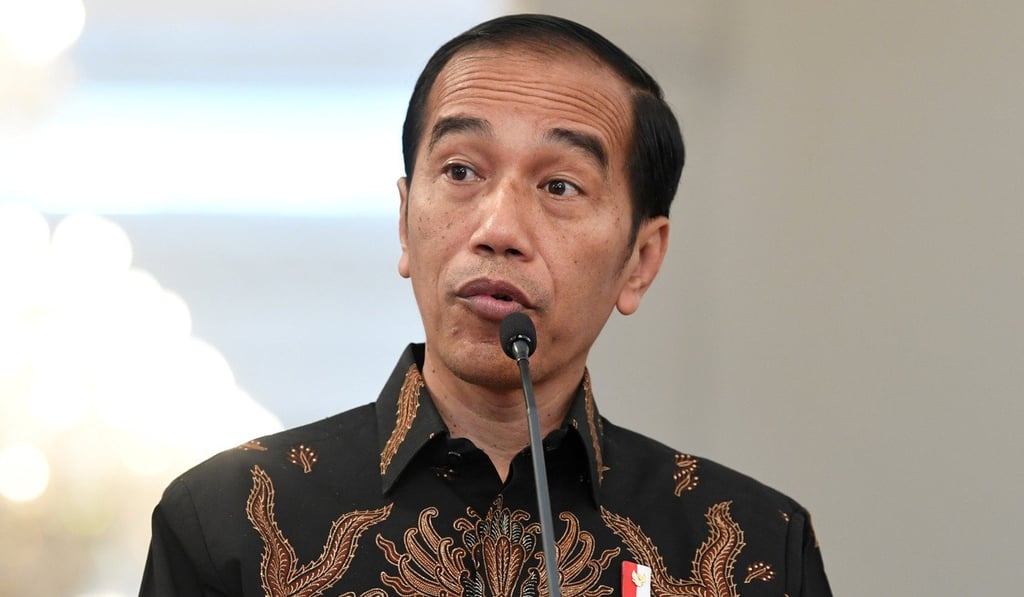Australia’s support for Israel puts Indonesian trade deal on the line
- Palestinian independence is a foreign policy priority for Indonesia, with its Muslim majority population and rising political Islam
- The US$12 billion Indonesia-Australia Comprehensive Economic Partnership Agreement has been in the works for eight years

Australia’s decision last weekend to recognise West Jerusalem as Israel’s capital has prompted an outburst from Malaysia, and is likely to strain Canberra’s relationship with other Muslim-majority countries such as Indonesia and Saudi Arabia.
Indonesia, Australia’s closest neighbour, is probably its biggest concern because a US$12 billion trade deal is at stake. The Indonesia-Australia Comprehensive Economic Partnership Agreement has been in the works for eight years and was supposed to be signed before the end of 2018. If implemented it would, among other things, boost Australian exports of grain and live cattle and allow the country’s education providers to set up shop in Indonesia, while giving Indonesia’s exported commodities more access to the Australian market.
But we can expect foreign and economic policy here to fade into the background in the face of strident domestic politics. Australian Prime Minister Scott Morrison insists his decision to recognise West Jerusalem was measured and well-considered, but it is widely believed he was motivated by a bid to win the Jewish vote for next year’s general election.
Indonesia’s response will also reflect its own domestic politics. As the role of political Islam increases, President Joko “Jokowi” Widodo will want to make sure that he does not antagonise the country’s conservative Muslim population - especially as he prepares for the next presidential election on April 17. He even went so far as accepting Ma’aruf Amin, an influential Muslim cleric, as his running mate to better serve the interests of this section of society.

Palestinian independence has been a foreign policy priority for Indonesia ever since the presidency of Susilo Bambang Yudhoyono. Under the leadership of President Jokowi, it has only been elevated. During the 2015 Asia-Africa Conference, Jokowi demonstrated his personal support for the Palestinians by leading a special declaration to promote their independence. He also met representatives from members of the Organisation of Islamic Cooperation on the sidelines of the conference to further discuss issue.
Clearly, Jokowi has his own domestic political considerations and will not want to challenge a conservative Muslim base that supports Palestinian independence. Before Morrison’s announcement, Indonesian Foreign Minister Retno Marsudi warned her Australian counterpart that recognising West Jerusalem would have dangerous consequences for peace and stability in the Middle East.